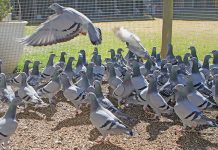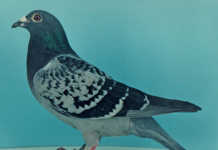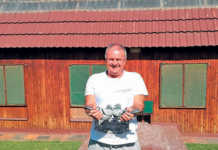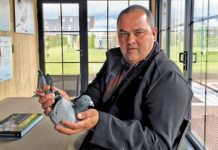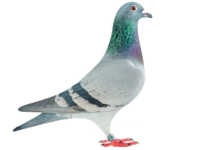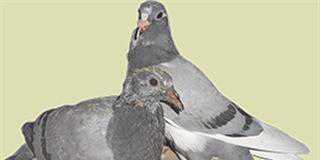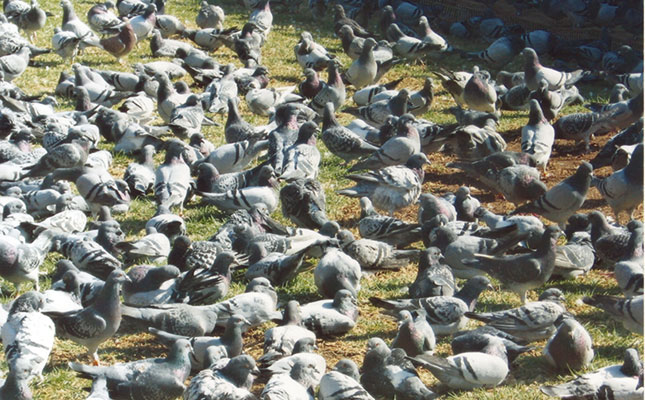
Rules of prevention
The key to good health is prevention. As our pigeons come into regular contact with other pigeons, they’re exposed to the effect of negligence in other lofts which, in turn, puts their lofts at risk.
READ:SA celebrates first National Rooibos day
This necessitates extra hygiene measures in lofts. Proper housing demands lofts that are draught-free. Ideally, airflow should enter the loft at the bottom front and exists at the highest point at the back. The ideal size of the ventilator depends on the size of the loft, the number of birds in it and the prevailing weather conditions in the area where you live.
Adjustable louvres can be fitted at strategic positions so that the airflow and loft temperatures can be manipulated as the weather changes. Keep the loft dry at all times. Wood is the best material for loft floors as it helps retain warmth during winter.
Cement floor should be covered with floor dressing or removable wooden sheets. Regular cleaning, scrubbing and dusting is important and yes, some fanciers even vacuum their lofts. Dust, next to water, is one of the main vectors of disease.
Controlling carriers of disease
Rats, mice, wild birds, etc. must be kept out of the lofts. On smallholdings, it may be advisable to structure your lofts at knee-height to prevent rats and mice entering. The support pillars on which the lofts stand can be encapsulated below floor-level to stop rats climbing all the way up into the lofts. I f you can’t keep wild birds away from the pigeons enjoying open loft sessions outside, keep these outings to a minimum.
Rather allow the pigeons to bathe in an insulated area inside the loft, which should be kept dry and clean. Feeders and water fountains near a pigeon loft are not a good idea. But if you like watching them enjoy the water, you could add a solution of Terramycin (a broad-spectrum antibiotic) to the water in the bird bath and install it as far away from the lofts as possible. You’ll also find you have the healthiest mossies and turtle doves in the neighbourhood! Some fanciers administer a liquid dewormer every six weeks.
Discipline your pigeons
Few fanciers know that disciplining pigeons is related to their health. Pigeons should be kept off rooftops where they could gain access to gutters that overflow with dirty water in which wild creatures bathe and drink. Certain seeds, leaves and shrubs are also toxic. An undisciplined pigeon that sleeps out because of sheer rebellion must be taught not to do so. One night without food may teach it a lesson, but don’t shut it out of the loft where it can get sick from the cold. Just feed a little to get all the racers inside the loft and then commence proper feeding, excluding the bird you are disciplining.
Keep a sick-bay
Isolate an ill-looking pigeon in a separately built sick-bay immediately. Consult a vet and test a few of the pigeons housed in the same loft section to prevent an outbreak. Don’t allow a stray to come inside your loft – not even once.
Feed the hungry, lost creature in your sick-bay and report it immediately. Some fanciers give it no food and water and “road toss” it the next day to get rid of it – report such cruel behaviour to the SPCA. There’s nothing wrong with road tossing it to allow it to return to its owner, but for heaven’s sake, if you love animals, you can’t not feed it!
Check your suppliers
Buy medication that’s registered for pigeons and only feed your pigeons food supplied by a reputable dealer. f you mix your own food, make sure that you are using a good-quality nutritional mix that provides an adequate supply of everything your pigeons need.
This article was originally published on 11 September 2009 in Farmer’s Weekly.


